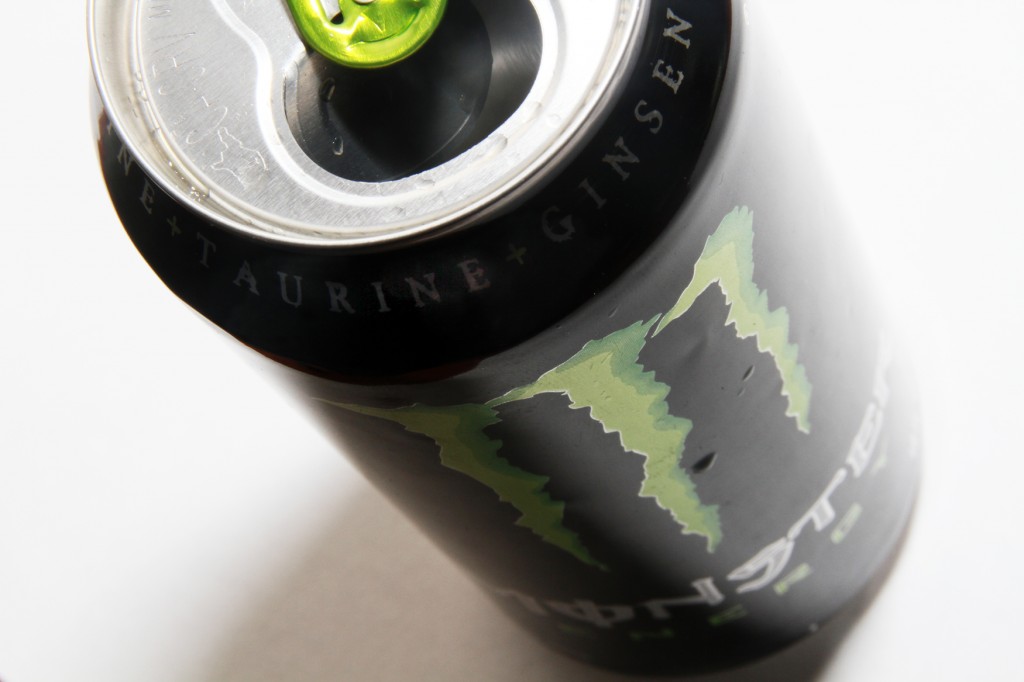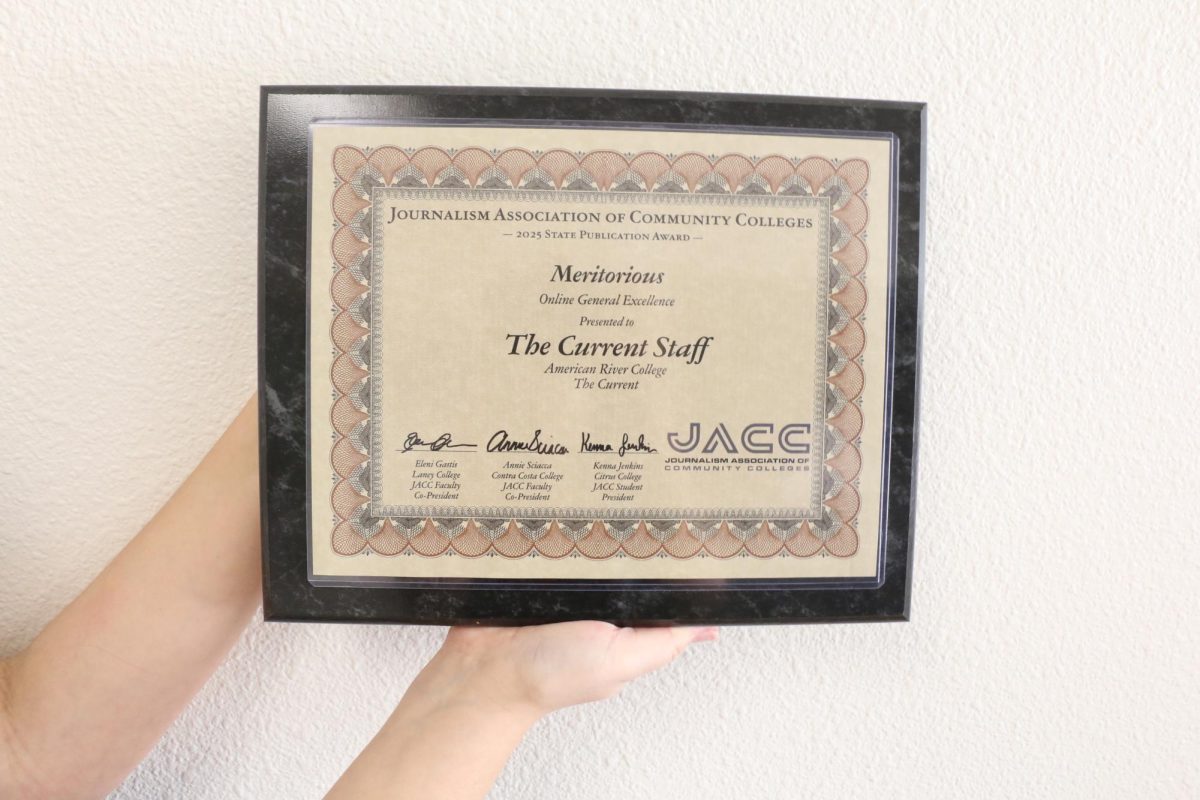Monster Energy beverages faces a lawsuit filed by Wendy Crossland, the mother of deceased 14-year-old Anais Fournier from Maryland, who died from cardiac arrhythmia due to caffeine toxicity, according to Barry Meier’s online article of the New York Times on Oct. 22.
With the death of the 14-year-old girl and the lawsuit filed against Monster Energy, students at American River College must be aware of the health risks of consuming too many energy drinks with too much caffeine.
“Under current Federal Drug Administration rules, companies do not need to disclose caffeine levels in their beverages and can choose to market them as drinks or as dietary supplements,” said Meier.
Dr. Marie A. Schirmer, department chair of nutrition at American River College, agrees with Meier. “Soda pop is regulated by the F.D.A. and is required to list caffeine content,” Schirmer added.
The University of California Division of Agriculture and Natural Resources published a “Nutrition and Health Info Sheet” regarding energy drinks. “I hand out the info sheet to all of my students that I see drinking an energy drink,” said Schirmer.
The University of California info sheet reveals an eight-ounce serving of brewed coffee has between 134 to 240 milligrams of caffeine. Tea has anywhere from 48 to 175 mg, and a can of soda contains about 22 to 46 mg while one single can of energy drink can have up to as much as 294 mg of caffeine per 12 ounce container. That is not including the ingredient Guarana, an additive found in Monster, Rockstar and Full Throttle drinks, which is another form of concentrated caffeine increasing the amount of caffeine per container.
Though caffeine has been proven to increase energy and enhance performance, the UC info sheet provided describes the adverse effects associated with caffeine consumption in amounts over 400 mg or more include nervousness, irritability, sleeplessness, increased urination, decreased bone levels, upset stomach and abnormal heart rhythm (arrhythmia), which is in the conclusion of Fournier’s autopsy report.
“Decreased bone levels come from frequently urinating out all of the calcium that is in the body,” said Schirmer. “Orange juice, fruit, or even chocolate milk” is a good alternative to help with the desire for sugar. “Protein shakes or smoothies are a better choice for energy,” Schirmer added.
Yazmin Hurtado, a student at ARC, chose orange juice to go with her breakfast. When asked why, Hurtado said, “I don’t want my heart to blow up.”














